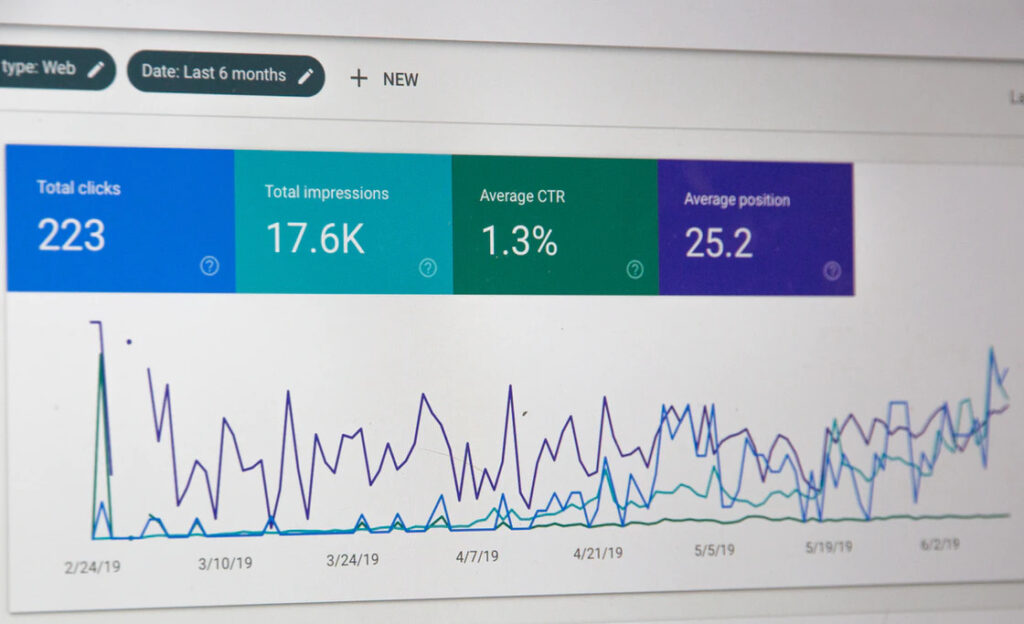You’ve probably seen countless content that shows you how to develop a digital content strategy, but what about defining exactly what it is, what it does, and why it’s so important? When you try to define digital content strategy, what comes to mind? You’ll probably find that it’s not as simple of a concept as it first seems.
Let’s look at what content and content strategies are and their importance for your business.
What Do We Mean By Content?
Before we talk about digital content strategies, it’s important to understand exactly what we mean by “content.” While content varies widely, there are four primary elements that define it:
- Information. What point are you trying to deliver with your content? Your message can be educational, entertaining, practical, or a combination of them.
- Medium. Where will you publish your content? Different platforms will indirectly influence the message that your content brings across.
- Context. Who is your target audience, and how will your content help them? It’s important to think about why you are publishing this content.
- Form. Content takes many forms, and you don’t have to be limited to one of them. Content typically takes the form of text, audio, graphics, or video.
One of the best ways to look at content is as a means to build trust with your audience by showing them your expertise in the industry. When your content brings real value to your customers, they are more likely to want to make a purchase and have a good feeling about doing business with your company.
What is a Digital Content Strategy?
Let’s define what a digital content strategy is in one simple sentence: a content strategy utilizes your published content to achieve one or more goals for your business.
Once you establish these goals, you can start building your digital content strategy by asking yourself these questions:
- What does our digital content strategy aim to achieve?
- Who is our audience for the content we create?
- How will we generate content ideas and ensure that they match our brand?
- What is our digital content strategy plan? (You don’t want to rely on producing content ad hoc.)
- What KPIs will we measure in our content?
- How is our existing content performing, and are there gaps in the content?
- What content format suits our business the best? (Start by creating content that you already have the means to produce; you don’t have to rush out and by equipment to start putting out videos or podcasts right away.)
- How are we going to distribute our content? Newsletters? Blog posts? Social media platforms? The list for content distribution platforms is almost endless.
Do I Need a Digital Content Strategy?
We could just say yes and omit this entire section, but that wouldn’t be very helpful for you, would it? Having a digital content strategy is what gives you direction towards meeting your business goals. Ultimately, your content strategy leads to publishing content that drives traffic and results in customers making a purchase from you. More likely than not, getting conversions is part of your business objective.

Let’s look at some of the more specific ways that your business can benefit from having a digital content strategy.
SEO & Digital Content Strategies

SEO and digital content strategies go hand-in-hand. Many businesses have the goal of increasing organic traffic and generating new leads, and content is one of the most important pieces of any SEO strategy. How do you get search engines to lead more users to your website? With high-quality content that’s relevant to the people looking for it.
Once users are made aware of your products or services and think it might be the solution they need, your content can be the deciding factor on whether or not they make the purchase. Other than leading new potential customers to your brand, your content can draw in people who are already aware of you but want to learn more before making the jump.
Your content draws in people from all corners of the web, and it should be useful for them, no matter what stage of your sales funnel they are in.
Related: Small Business SEO Strategies
Sales & Digital Content Strategies
Sales and digital content strategies are another combination for success. Your sales team can use content to inform and educate potential customers and lead them to make a purchase. That’s why, when building your digital content strategy, it’s essential to incorporate information that the sales team gets asked about often. Your content can also help to eliminate doubt in your prospects by showing them exactly how your brand will help solve their problems.
You can answer commonly asked questions with your content. For example, at Mindspun, we’ve been asked about creating subdirectories in Ghost. They are necessary but not the easiest to understand, so we created content to help our users create subdirectories in Ghost.
When a customer is unsure about purchasing from you, seeing that you have resources to help them throughout the process can put their minds at ease and help you gain their trust as a helpful partner rather than a business out for their money.
Customer Success & Digital Content Strategies

Most businesses think of content as solely a way to bring in new customers and convince them to make a purchase, but you shouldn’t ignore the fact that your customers will keep viewing your content after they convert. It’s as crucial to provide content for your current users as it is to have it available to potential ones.
Content that provides self-support to your user base won’t serve as many SEO purposes as other content, but it’s essential for customer retention. It also lightens your customer support team’s workload. It’s important not to take your current customers for granted; giving them high-quality content helps keep them loyal to your brand while providing them with useful, relevant information.

 Mailing Address
Mailing Address